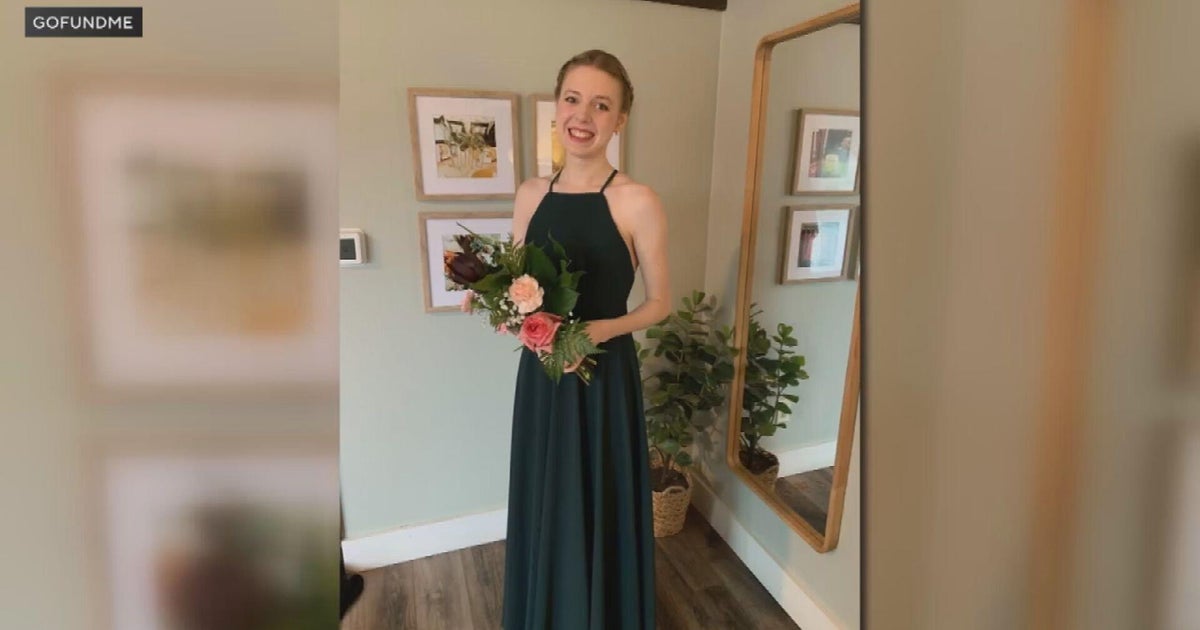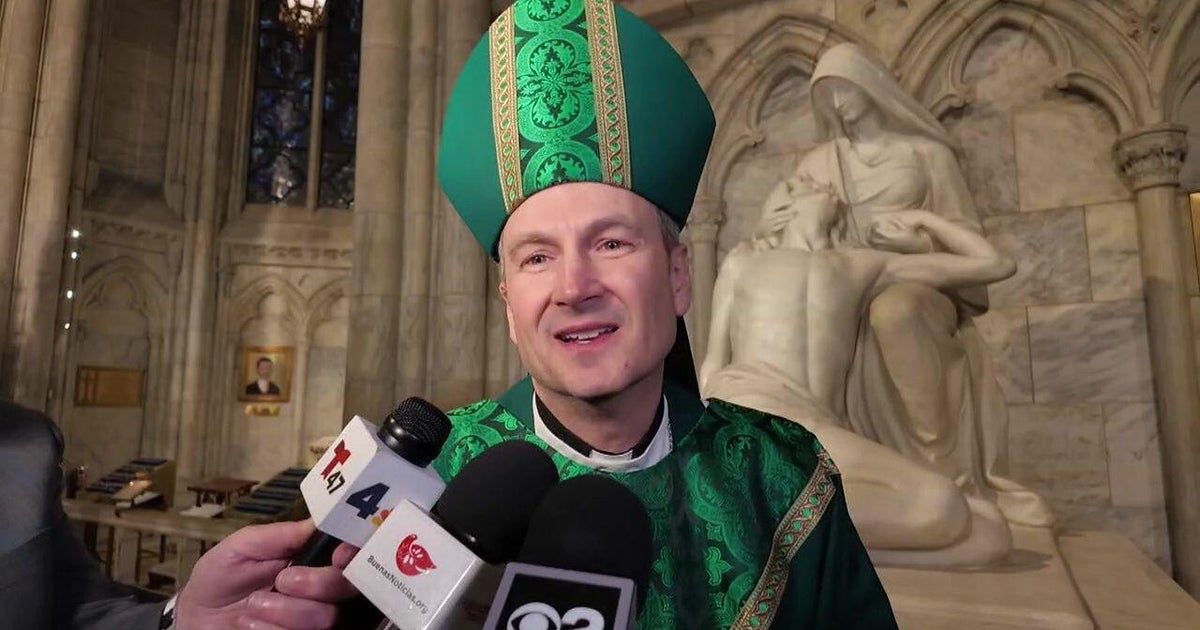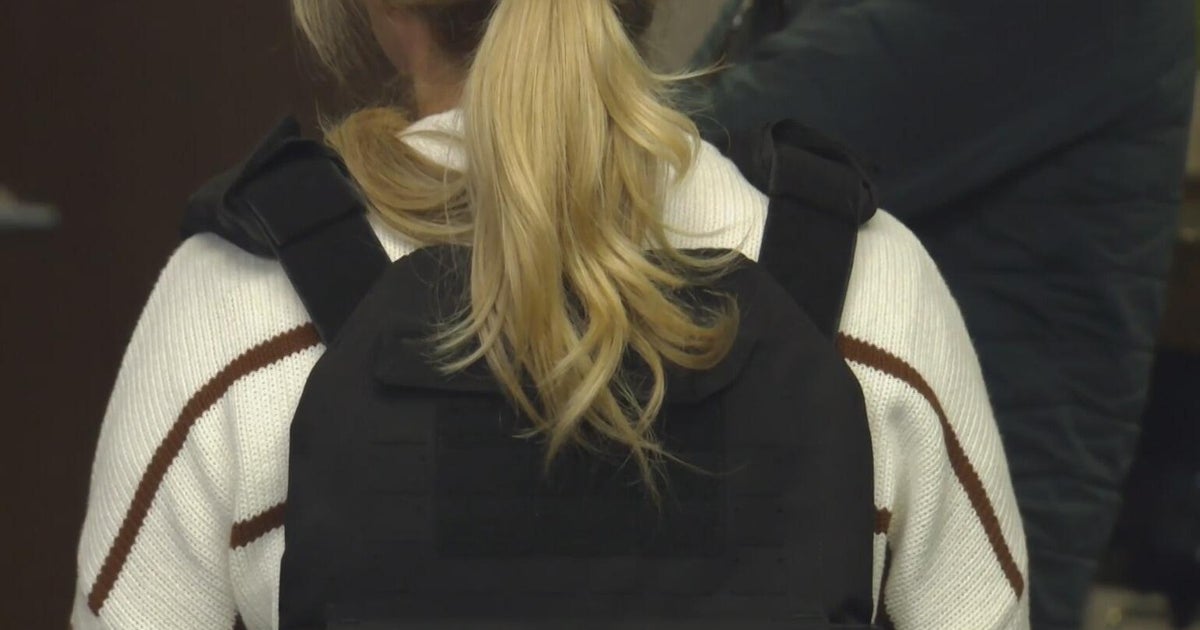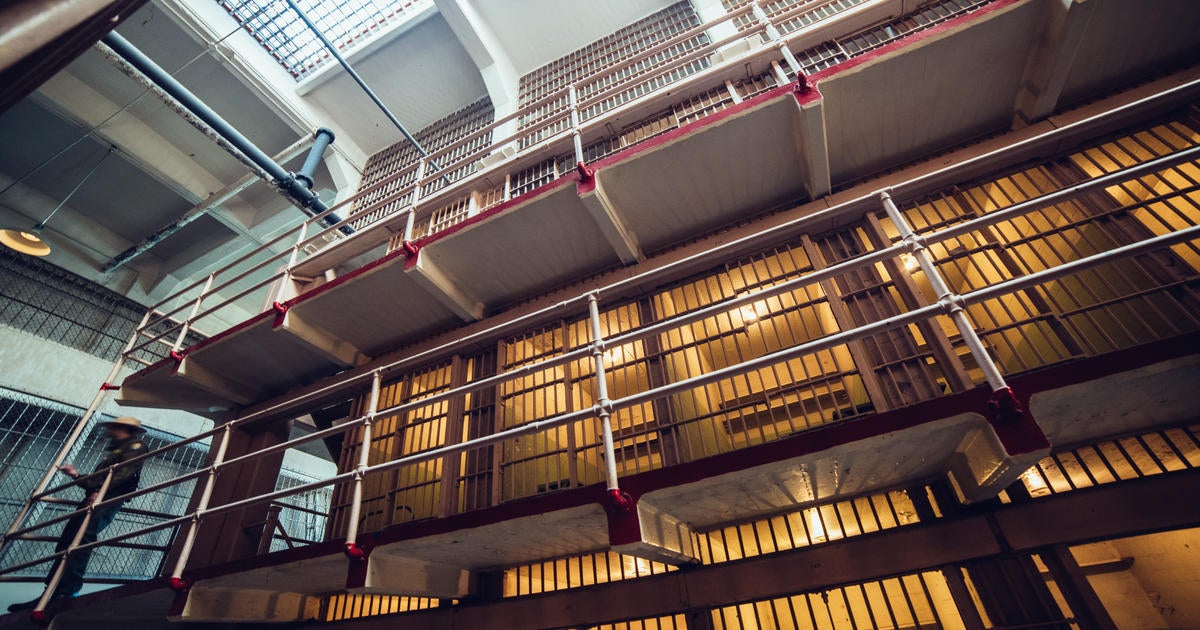50 Years Later, The Boston Marathon's First Woman Races Once Again
BOSTON (CBSNewYork) -- Among the runners in Boston on Monday, was the first woman to officially take part in the marathon, five decades ago.
At the time the Boston Marathon didn't have a separate women's category.
These days, women march for gender equality. In 1967, Katherine Switzer ran. She didn't set out to shatter stereotypes, or change the culture of sports forever, but that's exactly what she did.
As CBS2's Don Dahler reported, in 1967, Switzer became the first woman to officially cross the finish line of the Boston Marathon.
"They are using this as a women's rights photo. You know, she attempted to run the race, and he tried to stop her, and she finished anyway," she said.
She didn't intend to stand up for women's rights that day, she just wanted to run.
"I didn't plan to do anything other can cover 26 miles, 385 yards," she said.
Nothing in the rule book prohibited women from running the Boston Marathon. Few believed they had the physical stamina to do it.
"People were very, very leery at any arduous activity for women because they thought that it would turn her into a man," she said.
Switzer registered using just her initials. She wore baggy clothes as protection from the snow. It wasn't until the race began that officials noticed a woman running among the men.
"And all of a sudden I heard a scraping sound, and I turned and suddenly looked into the face of the angriest guy I had ever seen. This guy was out of control. He was snarling at me,' she said.
It turns out the out of control guy was one of the race organizers -- Jock Semple.
"And he grabbed me and he screamed, 'get the hell out of my race.' I was just terrified. He said, 'give me those numbers, give me those numbers.' He went after the one on my back, and as he went for that my burly boyfriend who was running along the side -- 235-lbs, ex-All-American football player, took out the official just like that and sent him flying, and my coach said, 'run like hell," she recalled.
The moment galvanized Switzer and set her on a new course as an advocate for women's athletics.
"I was so terrified and embarrassed and humiliated, but then I said, 'no, I've got to finish this race, because if I don't nobody is gonna believe women should be taken seriously," she said.
Monday, at 70, she ran for her foundation '261 Fearless' the organization named after her now famous bib number from the '67 marathon. It aims to empower young women through running.
"It's a transformational experience and a way to take control of their only lives and their own destiny," she said.
As Switzer embraced her destiny for her 50th anniversary race, she focused on starting healthy and finishing strong.
"If I get near the finish line, and I look over there and I see somebody who's got gray hair, and is maybe in my age group, I am just going to kick a little butt," she said.
Switzer and the race official who nearly tossed her off the course became close friends over the years.
She told CBS2 that he changed her life, gave her a career, focus, health, and practically introduced her to her husband,.
Another woman, Bobbi Gibb finished ahead of Switzer in the 1967 marathon, but she was not officially registered for the race.







